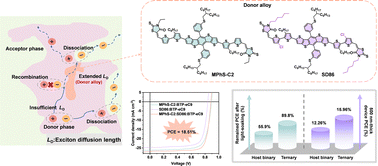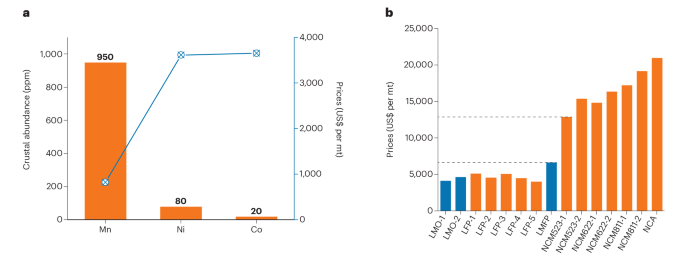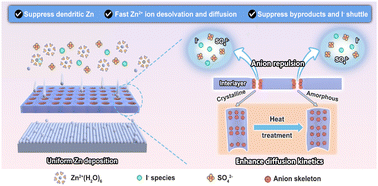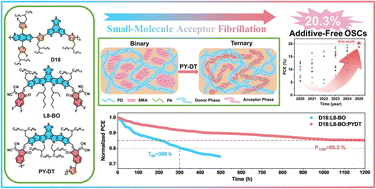This site uses cookies. By continuing to browse the site you are agreeing to our use of cookies.
All
Agriculture and Farming
Agriculture and Food News -- ScienceDaily
CropLife
Farming Today
Modern Farmer
National Sustainable Agriculture Coalition
We May Not Agree on Climate, but We All Feel ...
Jun 25, 2025 0
We May Not Agree on Climate, but We All Feel ...
Jun 25, 2025 0
How Has a Food This Bad Survived the American...
Jun 23, 2025 0
Inside the Race to Save a Family Farm From Ca...
Jun 22, 2025 0
‘An Existential Threat’: Food Banks Brace for...
Jun 22, 2025 0
All
Autoblog
Autocar RSS Feed
Automotive News Breaking News Feed
Automotive World
Autos
Electric Cars Report
Jalopnik
Automotive News | AM-online
Speedhunters
The Truth About Cars
De Lijn confirms order of 100 articulated ele...
Jun 25, 2025 0
Elektrobit and global partner to jointly deve...
Jun 25, 2025 0
De Lijn confirms order of 100 articulated ele...
Jun 25, 2025 0
Elektrobit and global partner to jointly deve...
Jun 25, 2025 0
Nissan: World Premiere of the all-new Patrol ...
Jun 25, 2025 0
All
All Stories
All Stories
BioPharma Dive - Latest News
Breaking World Pharma News
Drugs.com - Clinical Trials
Drugs.com - FDA MedWatch Alerts
Drugs.com - New Drug Approvals
Drugs.com - Pharma Industry News
FDA Press Releases RSS Feed
Federal Register: Food and Drug Administration
News and press releases
Pharmaceuticals news FT.com
PharmaTimes World News
Stat
What's new
Minutes of the CVMP meeting 5-7 November 2024
Jun 25, 2025 0
Minutes of the CVMP meeting 8-9 April 2025
Jun 25, 2025 0
Minutes of the CVMP meeting 13-15 May 2025
Jun 25, 2025 0
Groundbreaking TACIT algorithm offers new pro...
Jun 20, 2025 0
New strategy for the treatment of severe chil...
Jun 20, 2025 0
Researchers identify a protein that may help ...
Jun 20, 2025 0
Minutes of the CVMP meeting 5-7 November 2024
Jun 25, 2025 0
Minutes of the CVMP meeting 8-9 April 2025
Jun 25, 2025 0
Minutes of the CVMP meeting 13-15 May 2025
Jun 25, 2025 0
All
Breaking DefenseFull RSS Feed – Breaking Defense
DefenceTalk
Defense One - All Content
Military Space News
NATO Latest News
The Aviationist
War is Boring
War on the Rocks
The Hague Summit Declaration
Jun 25, 2025 0
The Hague Summit Declaration
Jun 25, 2025 0
NATO Summit Defence Industry Forum 2025 – Tim...
Jun 24, 2025 0
NATO Allies step up multinational capability ...
Jun 24, 2025 0
NATO releases Updated Defence Production Acti...
Jun 24, 2025 0
All
Advanced Energy Materials
CleanTechnica
Energy | FT
Energy | The Guardian
EnergyTrend
Nature Energy
NYT > Energy & Environment
PV-Tech
RSC - Energy Environ. Sci. latest articles
Utility Dive - Latest News
Addressing Inherent Challenges to Chemical Re...
Jun 25, 2025 0
Electronic Structure Engineering in Electroca...
Jun 25, 2025 0
Ionically Cross‐Linked Composite Hydrogel Mod...
Jun 25, 2025 0
Magnesium Oxide Buffer Layer for Over 32% Eff...
Jun 25, 2025 0
Aligning research with energy decision making
Jun 24, 2025 0
The potential for differentiated vehicle segm...
Jun 20, 2025 0
Local energy initiatives
Jun 18, 2025 0
- Contact
- LIVE TV
- Agriculture
- Automotive
- Beauty
-
Biopharma
- All
- All Stories
- All Stories
- BioPharma Dive - Latest News
- Breaking World Pharma News
- Drugs.com - Clinical Trials
- Drugs.com - FDA MedWatch Alerts
- Drugs.com - New Drug Approvals
- Drugs.com - Pharma Industry News
- FDA Press Releases RSS Feed
- Federal Register: Food and Drug Administration
- News and press releases
- Pharmaceuticals news FT.com
- PharmaTimes World News
- Stat
- What's new
- Defense
- Energy & Water
- Fashion
- Food & Beverage
- Healthcare
- Legal
- Manufacturing
- Luxury
- Medical Devices
- Mining
- Real Estate
- Retail
- Science Journals
- Transport & Logistics
- Travel & Hospitality














































































































































